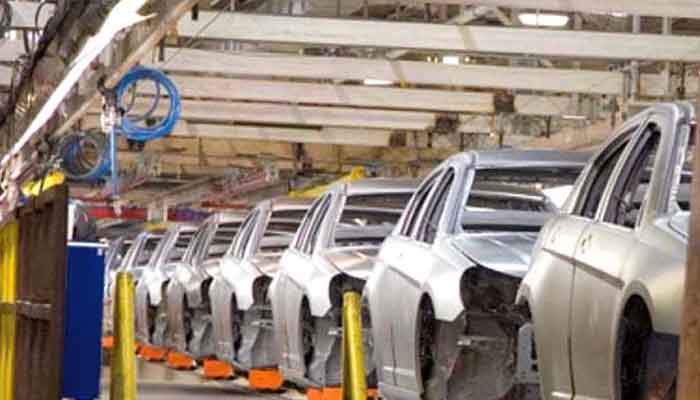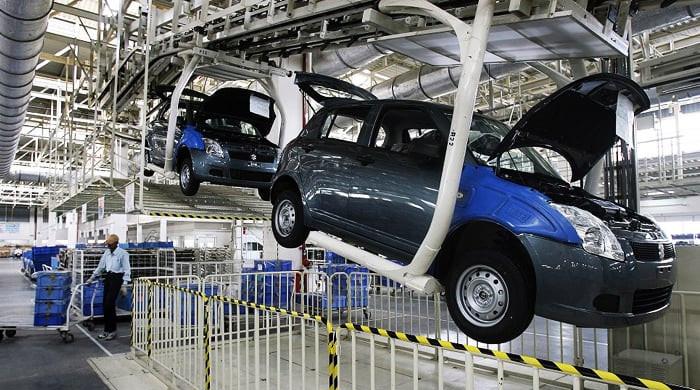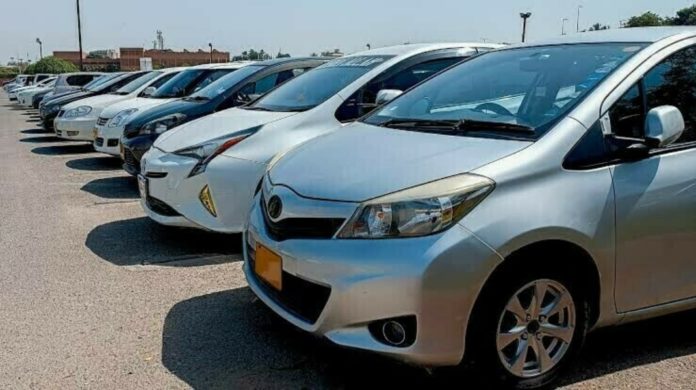The government has released the budget for the fiscal year 2024-25, introducing several changes aimed at increasing revenue. One significant proposal is a hike in the Withholding Tax (WHT) on new cars. This move is part of a broader strategy to revamp the taxation framework for the automotive sector.
New Registration Charges Based on Invoice Price
A notable change in the budget is the method of calculating new car registration charges. Previously, these charges were determined by the engine size of the vehicle. However, under the new budget, registration charges will be based on the invoice price of the car, applicable to vehicles up to 2,000cc. This shift is expected to standardize registration fees and link them more closely to the market value of vehicles.

To illustrate the impact of this change, consider the Suzuki WagonR. Previously, the registration charge for a Suzuki WagonR, priced at 3.8 million PKR, was 20,000 PKR. Under the new system, this charge will increase to 38,000 PKR. This adjustment reflects a broader effort to align registration fees with vehicle values, potentially increasing the cost of registration for more expensive models.
Removal of Concessions for Hybrid Electric Vehicles (HEVs)
The budget also removes the 50% concession on customs duty for Hybrid Electric Vehicles (HEVs). Previously, HEV owners benefited from a reduced duty rate, paying only 50% of the standard customs duty. With the new budget, HEV owners will now pay the full 100% customs duty, eliminating the previous exemption.
For instance, under the old policy, the duty on a 1,500cc HEV, which amounted to 1 million PKR (30% of the car’s value), was reduced by 50%, resulting in a lower effective rate. Now, HEV owners will pay the full amount, significantly increasing the cost of importing these vehicles.
Impact and Reactions
The proposed changes have elicited mixed reactions. Proponents argue that the increase in WHT and the new registration fee structure will enhance tax compliance and generate much-needed revenue for the government. However, critics contend that these measures may increase the overall cost of vehicle ownership, potentially dampening demand in the local automotive market.

The removal of concessions on HEVs, in particular, has raised concerns about the future of environmentally friendly vehicles in the country. By making HEVs more expensive, the government risks slowing the adoption of greener technologies, which could have long-term implications for environmental policy.
As the government moves forward with these proposed changes, it will be crucial to monitor their impact on the automotive market and overall tax revenues. The Budget 2024-25 represents a significant shift in automotive taxation, with potential ripple effects across the economy.
Stay tuned to Brandsynario for latest news and updates.











































